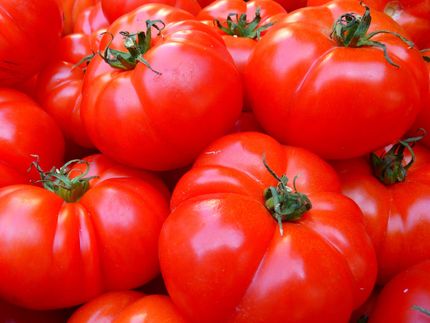Vision of tomatoes on the moon
Advertisement
A researcher harvested 270 kilograms of vegetables in a greenhouse in Antarctica in 2018. The project should pave the way for the future cultivation of vegetables on the moon or Mars.
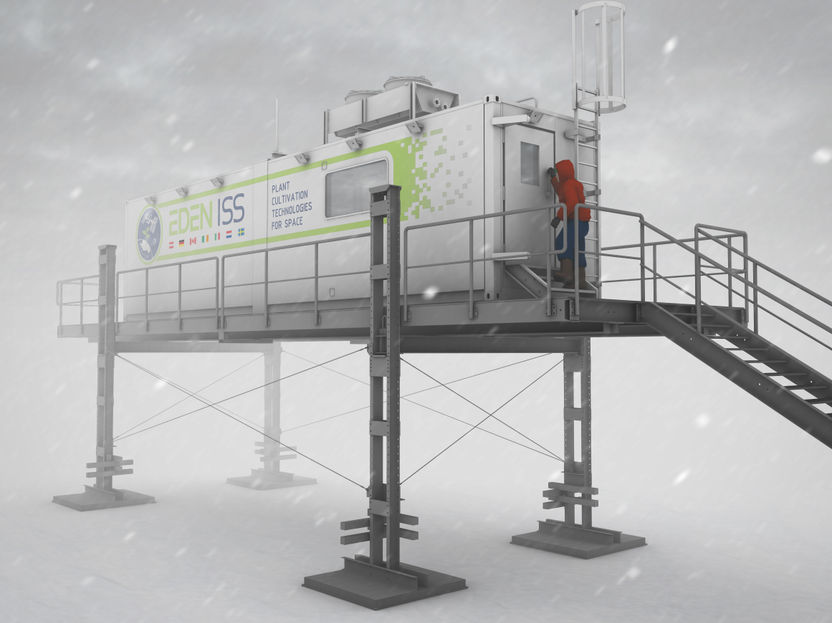
EDEN ISS - DLR
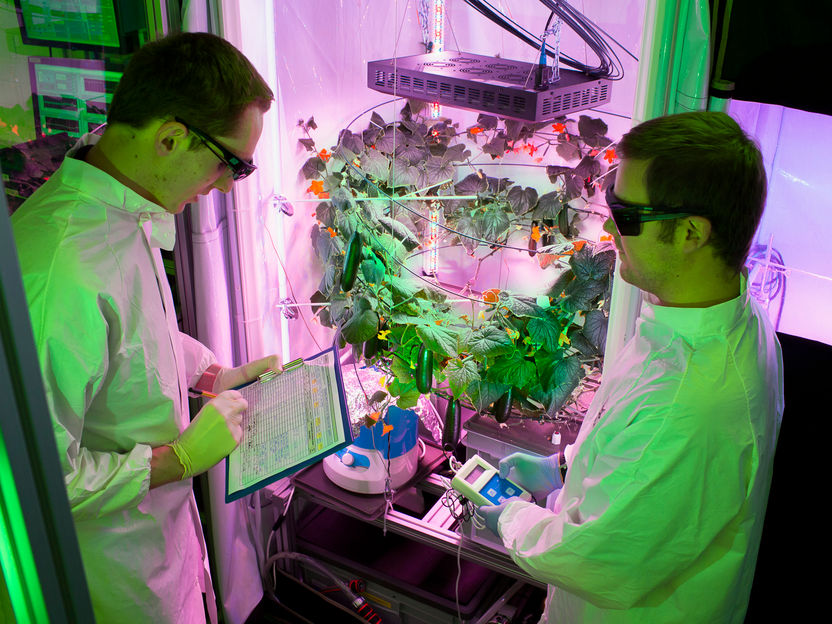
EDEN ISS - DLR
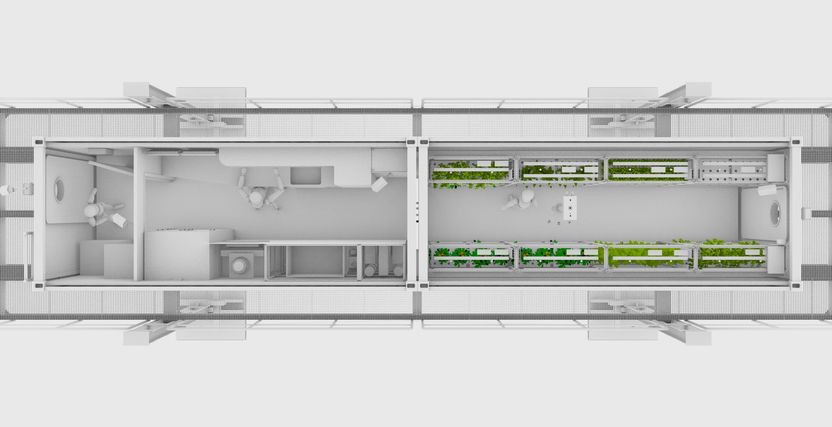
EDEN ISS - DLR
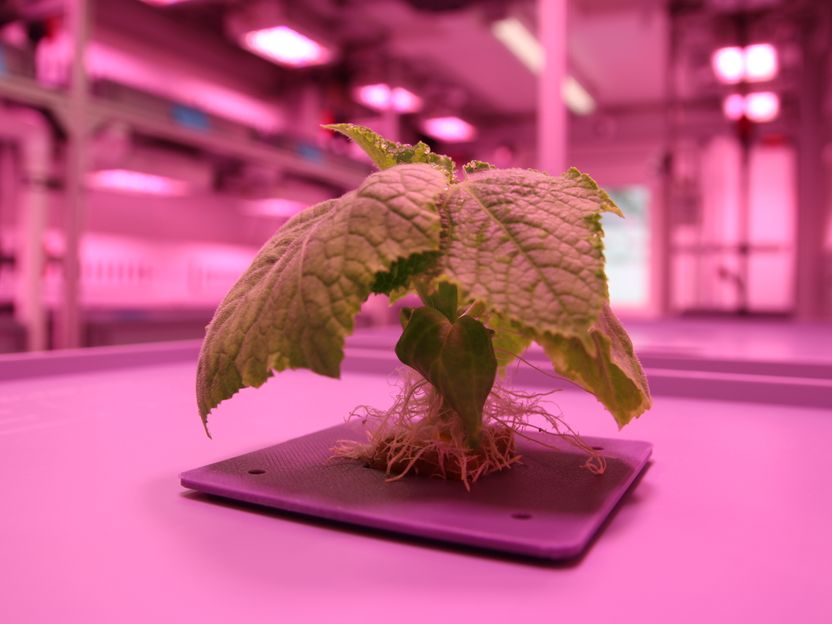
EDEN ISS - DLR
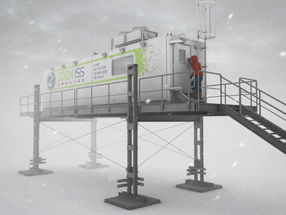
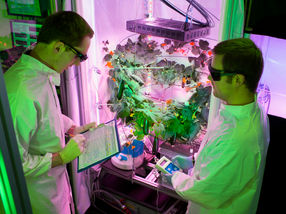
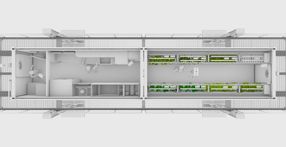
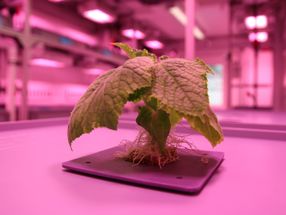
The German Aerospace Center (Deutsches Zentrum für Luft- und Raumfahrt; DLR) has in mind a greenhouse for space. It wants to supply astronauts on the moon or Mars once with fresh vegetables. A corresponding concept should be presented by experts on Friday (13.30 h) in Bremen.
The basis for this is a long-term experiment in Antarctica. DLR researcher Paul Zabel spent a year testing how lettuce, cucumbers and tomatoes grow under extreme conditions in a specially developed greenhouse near the Neumayer III polar research station.
With outside temperatures as low as minus 45 degrees, he succeeded in harvesting over 270 kilograms of vegetables, including 67 kilograms of cucumbers and 46 kilograms of tomatoes. The plants grew on an area of 13 square meters without soil, daylight and pesticides in a closed cycle. The ten-strong wintering team at the Neumayer III Station of the Bremerhaven Alfred-Wegener Institute (AWI) benefited from the fresh vegetables and herbs.
Zabel documented the plant breeding and brought 300 samples to Germany. The data and samples were analysed technically, botanically and microbiologically. For example, it was investigated why the paprika and strawberry plants did not thrive under the conditions originally hoped for. It was also examined how the supply of vegetables affected the mood of wintering people.
Over the next two years, DLR, AWI and other research partners intend to further improve the production processes in the greenhouse. The researchers want to be able to offer an optimised greenhouse concept to possible future space stations on the moon or Mars. (dpa)
Note: This article has been translated using a computer system without human intervention. LUMITOS offers these automatic translations to present a wider range of current news. Since this article has been translated with automatic translation, it is possible that it contains errors in vocabulary, syntax or grammar. The original article in German can be found here.



